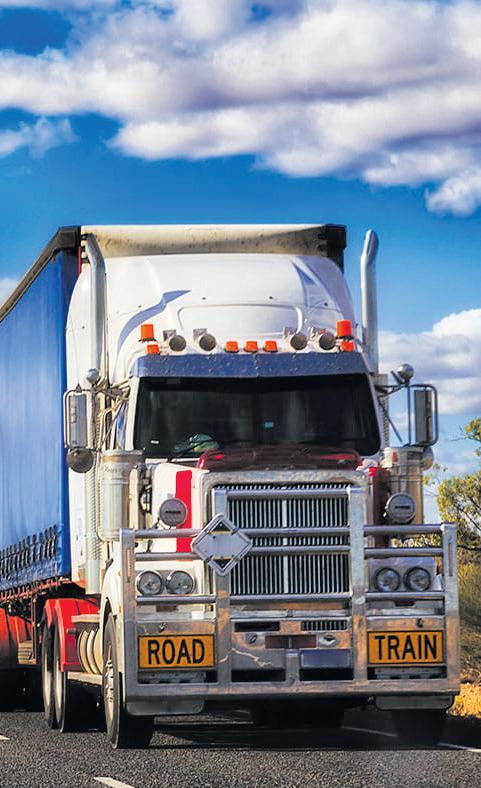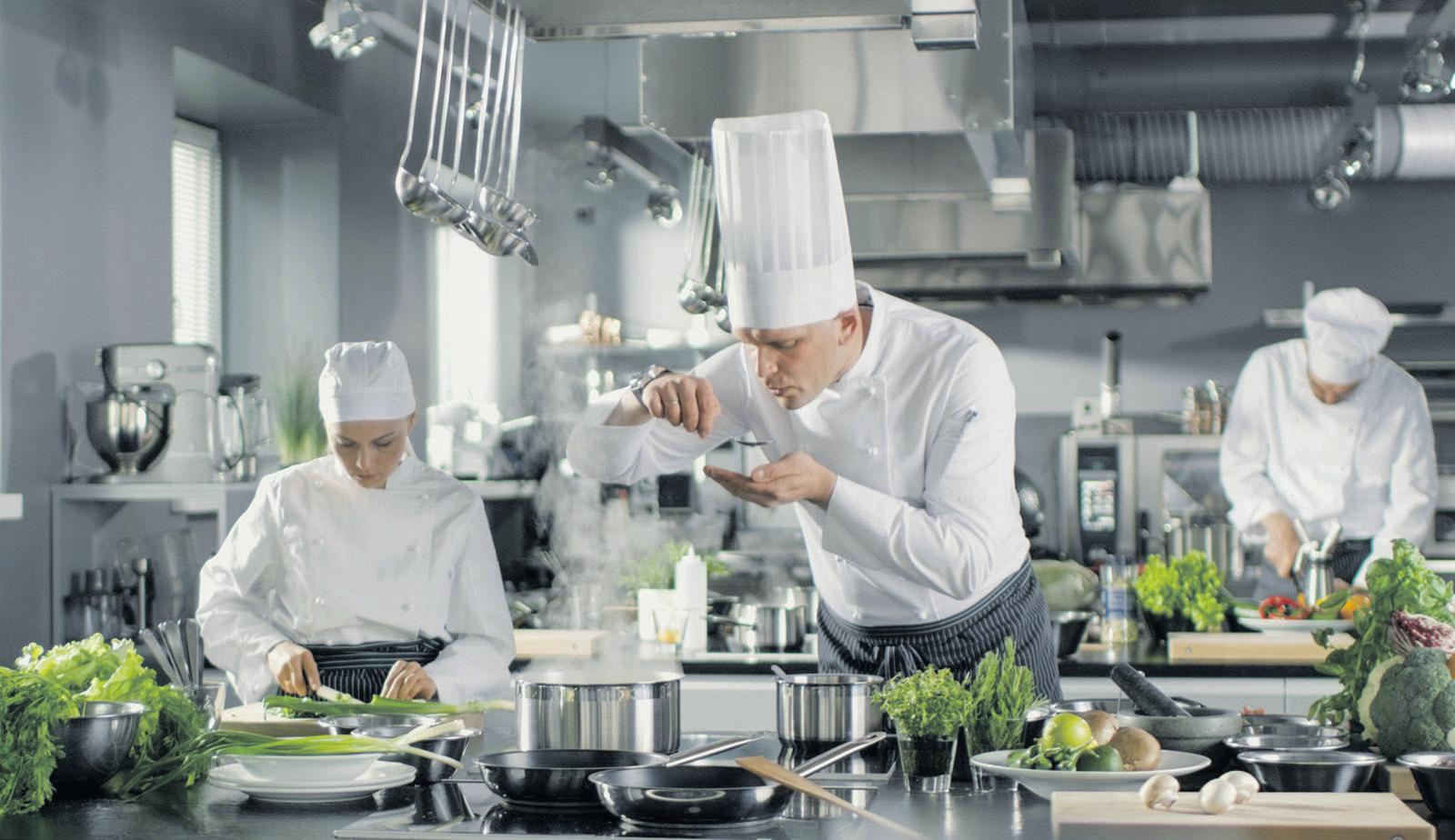
5 minute read
Business
Transport workers thrown to the wolves
A reckless decision to wind back close contact isolation requirements for asymptomatic transport workers will threaten the health and safety of workers and exacerbate disruption within the supply chain, says the Transport Workers Union, as it calls on the prime minister to meet with concerned unions.
NSW Health’s decision to wind back selfisolation requirements for close contacts who work in critical industries like food logistics means employers will be able to prioritise operational matters over the safety of workers. The union is urging the prime minister to include unions in an urgent supply chain meeting scheduled for Sunday afternoon to properly hear their concerns.
“Scrapping isolation requirements for transport workers is beyond reckless - workers are being thrown to the wolves by a government that continues to ignore all the warnings,” said Michael Kaine, National Secretary of TWU.
“We know even if you’re asymptomatic you can still spread the virus. Requiring potentially sick people to go to work won’t make supply chains healthy. Sick drivers won’t get stock onto supermarket shelves any faster but it will certainly help the virus hitch a ride across Australia.”
The decision requires asymptomatic close contacts to wear masks and take daily rapid antigen tests, but the union says RATs alone don’t offer enough protection as they won’t pick up every Covid-19 case.
“Someone who is a close contact is by definition the greatest risk of passing it on - the NSW government is effectively scrapping the last buffer we had left to protect workplaces.
“To rebuild a healthy workforce we need to have isolation requirements and rapid testing working together - we can’t have one without the other. Testing combined with precautionary isolation is our best defence against this virus.
“The TWU wrote to the Prime Minister and National Cabinet in September and October urging governments to provide rapid tests to road transport workers to avoid unnecessary delays and keep drivers on the road.
“Instead, we have a completely predictable scenario where drivers are delivering rapid tests to be sold on the shelves of supermarkets and pharmacies - but they, like most Australians, can’t access them themselves.”



Hospitality sector calls for wage subsidy
Almost two thirds of restaurant owners (65%) feel that the introduction of a new wage subsidy to help cover the costs of employees would be the most important initiative the government could introduce to help address rising cost pressures, according to the latest Deliveroo HospoVitality Index Report. The survey, conducted by YouGov and commissioned by Deliveroo in order to shine a light on the Australian restaurant sector’s priorities, revealed significant challenges related to staffing and cost pressures. Availability of staff remains a top concern, with two-thirds of businesses ranking it as a key challenge (64%), an increase of 5 points since mid-2021. And when businesses are actually able to secure staff they are having to pay them more – concerns over higher salaries now impact more than half of hospitality businesses (55%), a significant increase from 45% six months ago.
Staff shortages have been a critical issue for many Australian employers over the past 18 months, with the hospitality industry among the hardest hit. It is therefore unsurprising that almost all hospitality businesses are planning to recruit staff in 2022 (92%), with no significant difference between small employers of five staff or less (91%) or larger businesses with six or more current employees (93%). This demonstrates just how universal the drive for talent currently is.
The reopening of the international border should provide some relief to the ongoing skills shortage. In fact, almost nine in ten (85%) told us that they would support the introduction of specialist hospitality visas for overseas migrants to help bring their skills into the country.
The fourth Deliveroo HospoVitality Report revealed there is a hidden pandemic impacting restaurant owners; more than half of Australian hospitality business owners said that Covid-19 has impacted their personal mental health (51%), with rates even higher in both Victoria (53%) and NSW (54%).
Of the owners impacted, a primary concern was understandably the loss and reduction of income (71%) as many were literally forced to stop or severely limit trade. Other considerations include the uncertainty surrounding government reopening roadmaps (63%) and public health regulations (59%), all of which hinders the sector’s ability to make concrete plans for the future and clearly damages personal wellbeing further.
As most states continue to lift remaining hospitality and venue capacity limits, and most domestic and international border restrictions progressively ease, just over half of restaurants (52%) say they feel positive about the future of the hospitality sector in Australia, up from 46% in June 2021. A fifth of restaurants feel negative about the sector (20%), resulting in a fourth Deliveroo Vitality Confidence Score of +32, an improvement of 7 points.
Some of the worst impacted businesses are in our largest cities – many forced to shut down, some for good – as workers and patrons stayed at home and once vibrant Central Business Districts (CBDs) across the country became ghost towns. And while many of the effects of this have been very visible, some of the least obvious consequences may be the ongoing mental health impact on thousands of hospitality owners and workers across the country.
As we enter 2022, business confidence is mixed, with half (50%) of restaurant owners feeling positive about their prospects, up slightly from 46% in July 2021. More restaurant owners are neutral about their business prospects than previous reports (38% vs 34% in July 2021), suggesting they are waiting to see what 2022 has in store for their business activities.
The Deliveroo HospoVitality Index is produced biannually as a recurring benchmark for the hospitality sector. It will cover these issues and other emergent topics relevant to the industry to assist Deliveroo in tracking the evolving recovery of the hospitality sector throughout 2022.










